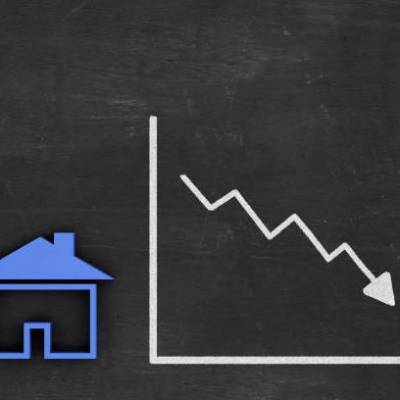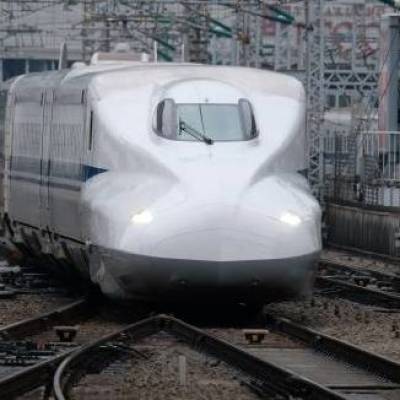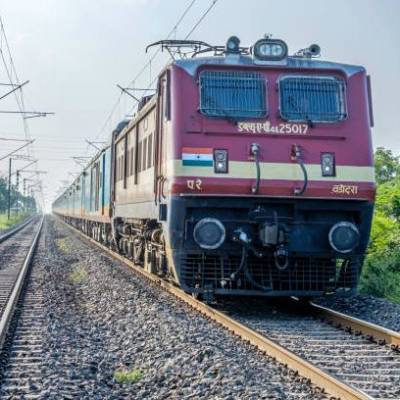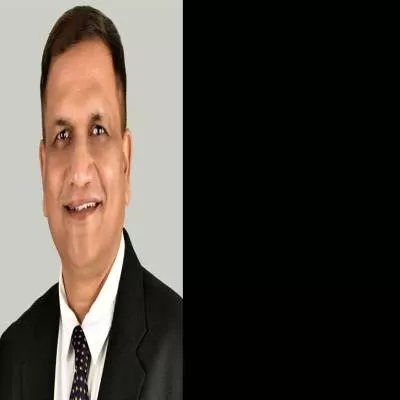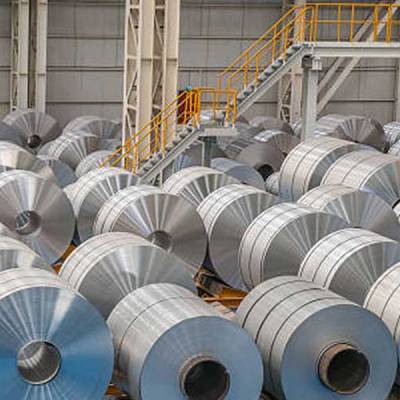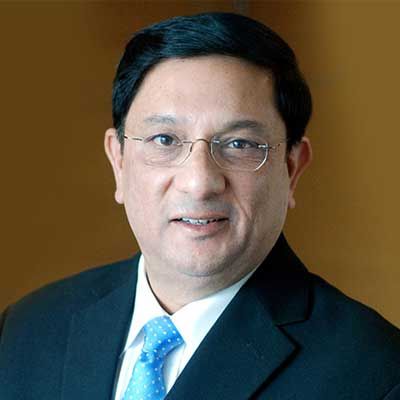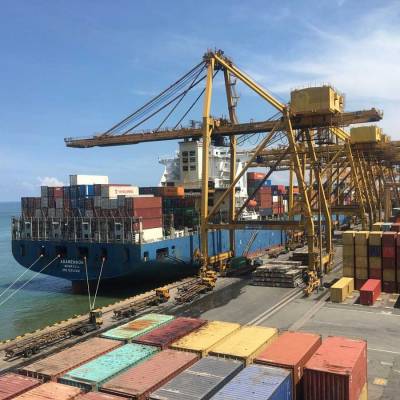- Home
- Infrastructure Transport
- PORTS & SHIPPING
- Mediation, Real or Virtual
Mediation, Real or Virtual
Read full article
CW Gold Benefits
- Weekly Industry Updates
- Industry Feature Stories
- Premium Newsletter Access
- Building Material Prices (weekly) + trends/analysis
- Best Stories from our sister publications - Indian Cement Review, Equipment India, Infrastructure Today
- Sector focused Research Reports
- Sector Wise Updates (infrastructure, cement, equipment & construction) + trend analysis
- Exclusive text & video interviews
- Digital Delivery
- Financial Data for publically listed companies + Analysis
- Preconceptual Projects in the pipeline PAN India
Civil society is hardly complete without effective and timely dispute-resolution mechanisms. Before the Coronavirus pandemic, we had several traditional and non-traditional choices when it came to conflict resolution. Although the virus has brought economies across the world to a grinding halt, it appears that most of our support systems have also failed us to some extent. While blame is being freely thrown around, and ‘jugaad’ is being discussed, this lockdown definitely gives us some time to introspect on this question: ‘How have our systems failed us?’The dispute resolution scenario in India There are different answers if we look at different spheres; in some sectors, the lockdown is possibly more to blame than our systems. Let’s look at healthcare systems, for instance, where, as the nature of the spread of this virus was unprecedented, the massive infrastructure requirements were unanticipated. No one saw this magnitude of a calamity coming. However, if we look at dispute-resolution systems in India, we certainly must probe a little deeper before answering the question. In a country with over 32 million pending court cases with an average wait time of 17 years from start to finish, not even counting the huge number of ongoing arbitration cases, can we really blame the virus for justice not being dispensed today?Courts have shut across the country for nearly three weeks, maybe more, thereby burdening the system even further into the future. While this lockdown was indeed unforeseen, can the same be said about the existing millions that are pending? This brings us to a slightly different question: ‘If justice delayed is justice denied, were our justice delivery systems working? It is safe to say that the dispute-resolution scenario in India has been far from perfect. And with the existing pendency, and the resultant near-impossibility of enforcing contracts, our position on global indices such as Ease of Doing Business is also suspect.The pandemic has been described as a portal into the future, depending on how we choose to respond when it’s all over. Do we step back into the same old routine that brought us here or will we understand our weaknesses and make efforts to strengthen them? If we do adopt the second route, we will need to identify frailties from within our existing systems and processes. Litigation is the status quo for dispute resolution; it is currently the most popular dispute-resolution mechanism in India and is fraught with problems: It is costly, time-consuming and adversarial, destroying pre-existing relationships.And courts cannot provide relief that is not mandated by law. While these are textbook drawbacks of most adversarial processes, they are particularly exacerbated in India, where access to justice is already a monumental challenge for all, especially the underprivileged sections of society. Mediation: A great levellerMediation is akin to an assisted negotiation where a trained mediator helps parties find solutions to a conflict rather than pass a verdict. Mediation is not new to India; it finds its roots from references in the Mahabharata to references in Indian legislation, including the Consumer Protection Act, Code of Civil Procedure, Insolvency and Bankruptcy Code, Companies Act and Commercial Courts Act. The Supreme Court even mooted an ‘Indian Mediation Act’ last year.As a process, mediation helps parties identify underlying common interests they may have, to resolve their problem. It seeks to facilitate parties to arrive at a settlement best suited to their needs. If parties are not happy with the solution, they can decline and move away – the mediator holds no power or authority over them. Given this unique mutuality inherent in mediation, it does not come as a surprise that studies in the US show that parties are in fact more likely to follow a mediation settlement than a court decree. Examining other parameters on which we can test mediation, it is important to note that through mediation, disputes in India have been resolved in as quick as 126 minutes! Being a voluntary process and one that strikes at the core of the conflict, mediation has the potential to save relationships, time and money. Moreover, given its flexible nature and welcome absence of rigid templates, mediation takes place regularly in the online environment through video conferencing and even calls. India has several mediation centres both annexed to the courts and highly reputed private centres that provide these services. If there is a possibility of resolving conflicts from the confines of our home, what better time to give it a shot than during this unprecedented lockdown that restricts any kind of movement?The looming fears of a recession, growing uncertainty and panic are all factors that lead to increasing conflicts that will eventually burden our already distressed court rooms. We need to think beyond, we need to innovate, and we must do things differently. As more and more legacy systems fail us and newer crises befall us, we need to push our boundaries and script novel pathways for the future. Virtual online mediation is not the only solution but it must become our preferred choice, because it promises parties a chance to take control of their conflict while maintaining social distancing at the same time, in the process also saving carbon emissions! Mediation is a great leveller of the rich and poor, large and small, powerful and weak. This is how man will resolve disputes and mitigate conflicts in days to come.Sumit Banerjee, Chairman of the Board of ASAPP Info Global Services, is the Chief Mentor at the Centre for Mediation and Conciliation, Bombay Chamber of Commerce and Industry. Previously, he has been the vice chairman of Reliance Cement and CEO-Infrastructure Businesses of Reliance Infrastructure, as well as the former managing director and CEO of ACC.Rashika Narain is a lawyer based out of Mumbai and is actively engaged in advocacy to promote mediation in India, including efforts to introduce a mediation legislation.


